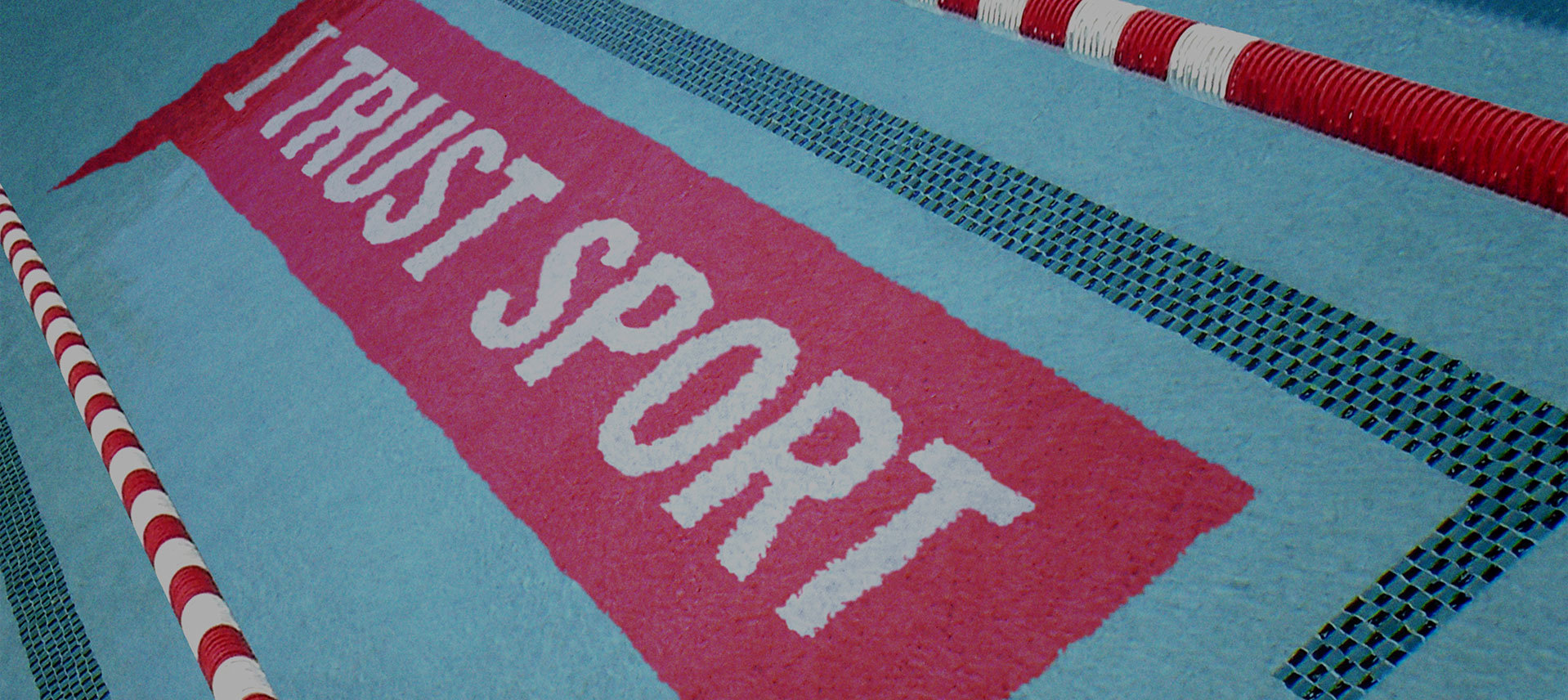I suspect that everybody involved with Sochi 2014 will be relieved when the athletes finally take centre stage: the organising committee, the IOC, winter sport fans, media, National Olympic Committees, and probably the athletes themselves. It has been a long and painful process to get to this point. While intense scrutiny of preparations is appropriate (and inevitable), I would argue that the media hunger for scandal and disaster can be counter-productive.
International media coverage of the build-up to Sochi 2014 has been extensive and mostly critical (declaration of interest – I helped to promote the unsuccessful PyeongChang 2014 bid in 2006-7 and so have followed the story from the early days). Having worked in media relations at several previous editions of the Olympic Games, I recognise familiar areas of concern such as budget overruns, construction delays, corruption allegations, fears of terrorism and transport chaos, ticketing controversy, questions about long-term legacy, and so on.
In the case of Sochi there has been particular scrutiny of Russian government policies and practices, which are important topics to debate.
A similar range of issues tends to crop up regularly at major sports events with differing degrees of emphasis. As a general pattern, frenzied media coverage predicts impending doom in the weeks and days leading up to the competition because editors are turning their attention to the event but there is not yet any sport to cover. Once the competition begins, the tone becomes more favourable.
I have seen at previous Games, however, that some of the scare stories are routinely exaggerated in the relentless quest for eyeballs. As a result, the media involved become less credible to those with some understanding of the facts and, which is worse, genuinely important stories on governance are more likely to be dismissed by the hosts who are convinced that there is a conspiracy against them.
For example, I recall a journalist in Vancouver tweeting repeatedly in the hope that he would find somebody who had been delayed on a bus journey (preferably old and vulnerable). In London a newspaper sent several accredited journalists around the Olympic Park just before the Games who tried to wander into secure areas, desperate to write that terrorists were free to roam.
There is a place for Twitter-friendly images such as the double toilets in a single cubicle and hotel rooms which are not quite ready but when there are too many with little that is positive for balance (“hotel room not bad” is hardly a headline), it risks undermining the impact of genuinely significant news.
It will therefore be a relief when spectacular images of athletes take centre stage. For anyone in the UK who recently watched celebrity winter sport show The Jump (winning ski jump effort 17.5m), you will find the Olympic version rather different (Simon Ammann – 138m/144m). Already today snowboarders performed jumps far beyond anything that the average ski resort tourist could ever imagine.
Once the sport starts, I will be watching for the inspiration, not for the toilet humour. Let the Games begin.

